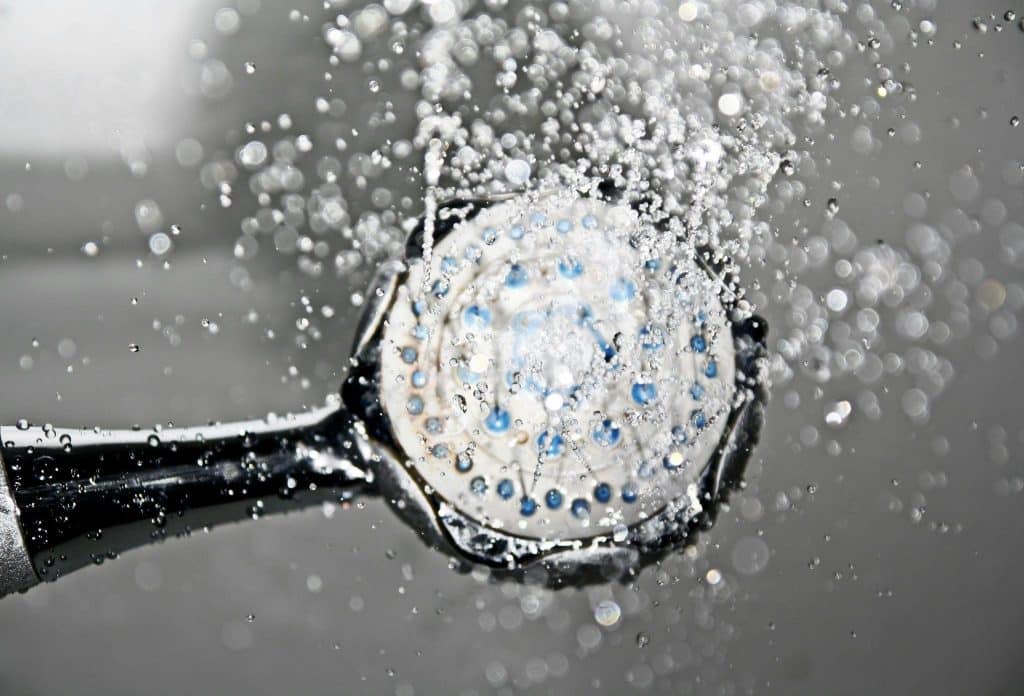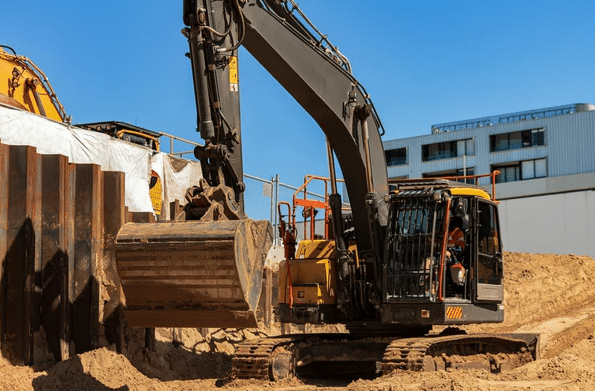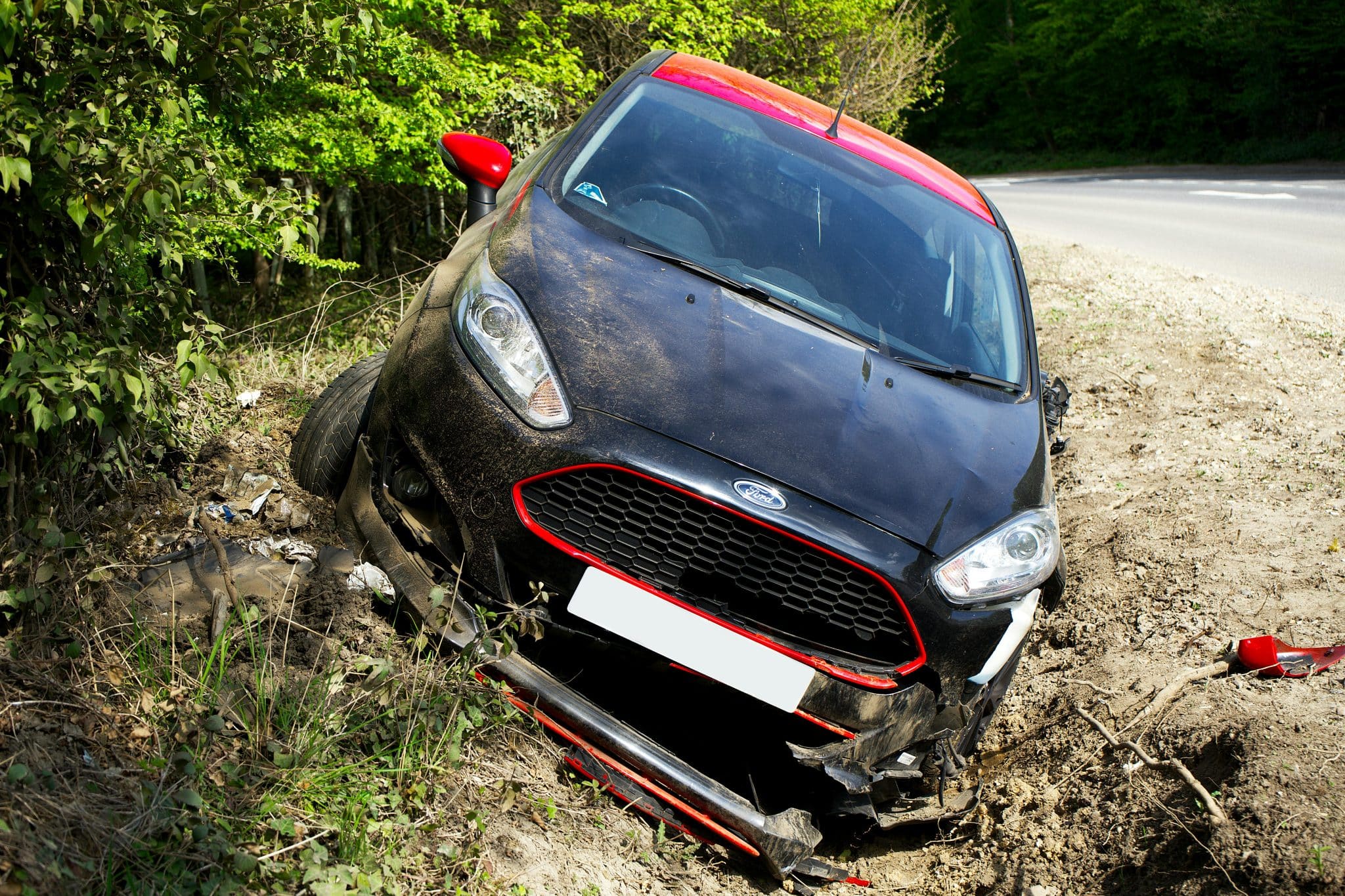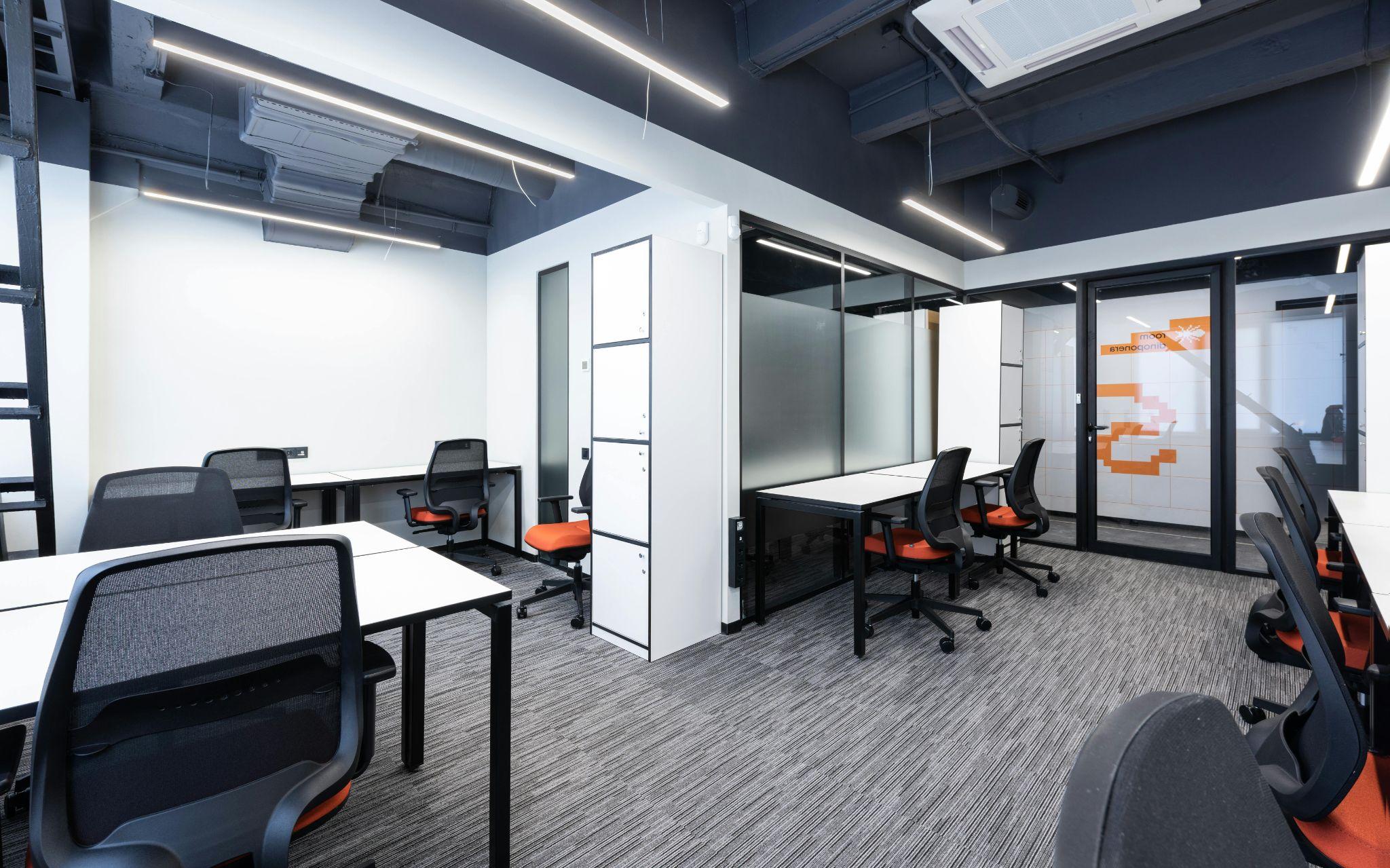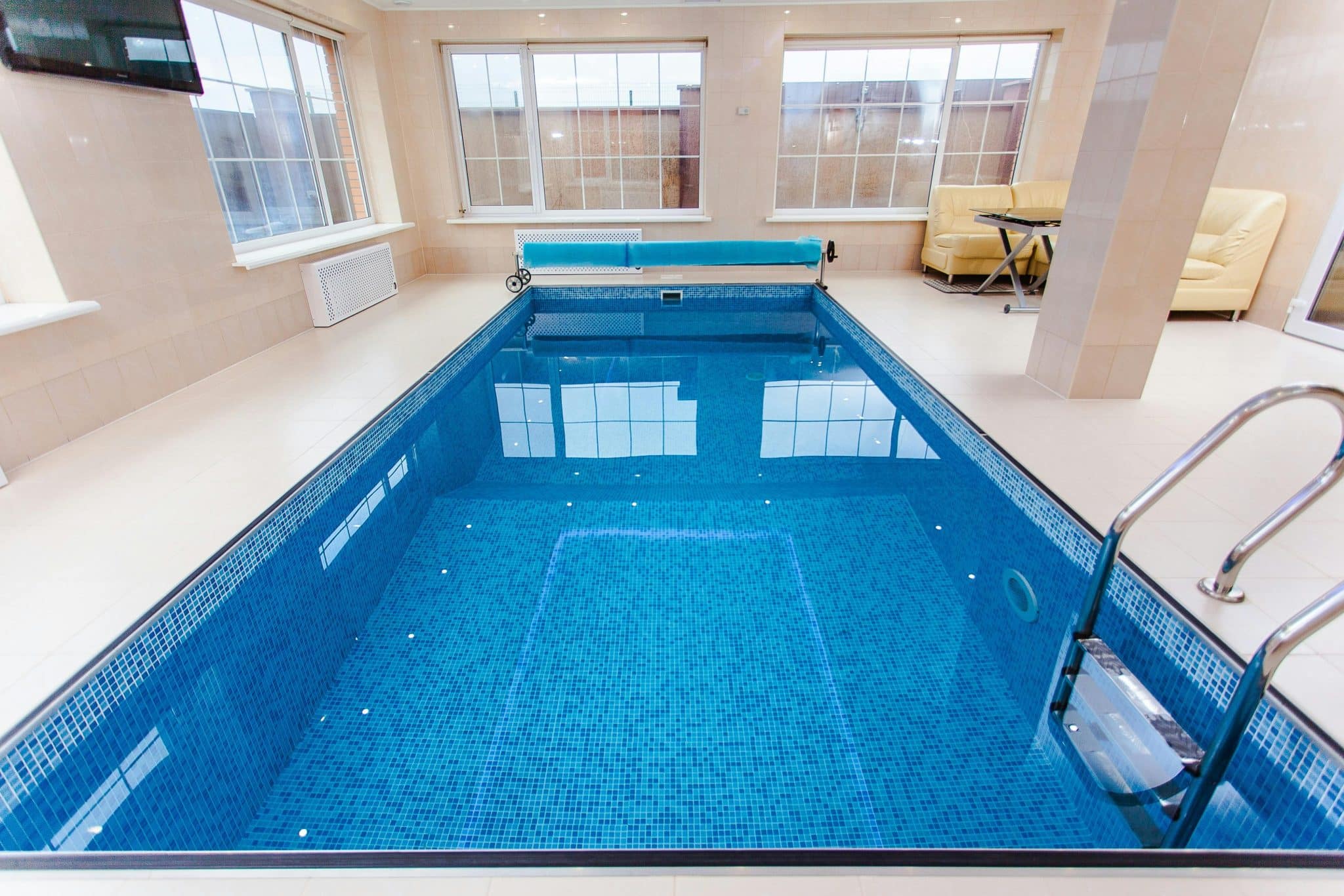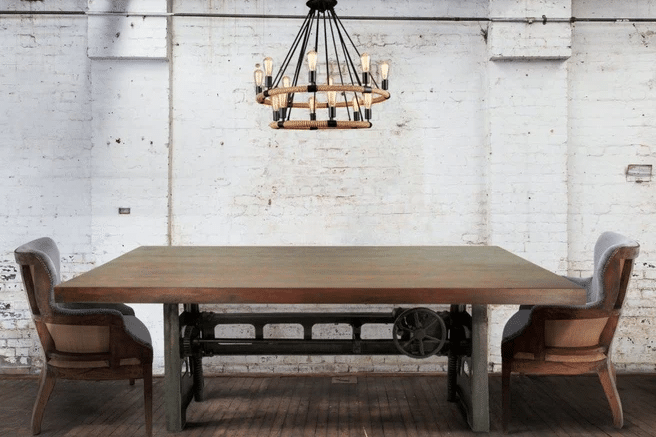Avoid These 7 Common Plumbing Mistakes Homeowners Make
Let’s be honest — most homeowners don’t think about their plumbing until something goes wrong. You might only notice it when the sink clogs, the toilet leaks, or the shower pressure drops. It’s easy to ignore pipes and drains since they’re out of sight, but that’s where small mistakes often start.
Plumbing problems can quickly turn from minor annoyances to expensive repairs. A few simple habits can save you time, money, and a lot of frustration. In this article, we’ll talk about seven common plumbing mistakes that many homeowners make without realizing it — and what you can do instead. By avoiding these mistakes, you’ll keep your home’s plumbing system running smoothly year-round.
1. Ignoring Routine Plumbing Maintenance
Skipping regular maintenance is one of the biggest mistakes homeowners make. Your plumbing system works hard every day, and like any part of your home, it needs care. Ignoring small signs — like slow drains, minor leaks, or low water pressure — can lead to major problems later.
Check your faucets, toilets, and exposed pipes every month. Look for dripping water, rust, or moisture buildup under sinks. If you have outdoor spigots, make sure they aren’t leaking either.
It’s also a good idea to learn about backflow prevention basics. Backflow happens when contaminated water flows backward into your clean water supply. Understanding the basics helps you know why backflow prevention devices matter and how they keep your drinking water safe.
Regular maintenance doesn’t take much time, but it can prevent costly repairs and keep your home safe from unexpected plumbing surprises.
2. Overusing Drain Cleaners
Chemical drain cleaners are tempting when a sink or shower drain slows down, but using them too often can cause damage. These products are harsh and can eat away at your pipes, especially if you have older plumbing. They might clear the clog for now, but leave your pipes weaker in the long run.
Instead, try safer methods first. A drain snake or a simple mix of baking soda and vinegar can often do the trick. You can also pour hot (not boiling) water down the drain regularly to help prevent buildup.
If the problem keeps coming back, it’s best to call a plumber. Persistent clogs usually mean there’s a deeper blockage that needs professional tools to fix safely.
3. Flushing the Wrong Items
One of the most common plumbing mistakes is flushing things that should never go down the toilet. Many people think “flushable” wipes are safe, but they don’t break down like toilet paper. Over time, they can cause serious clogs in your pipes and even your city’s sewer system.
Other items to avoid include paper towels, cotton swabs, hygiene products, and dental floss. Even small things can build up and block your pipes.
Keep a small trash can in the bathroom for anything that isn’t toilet paper. This simple habit can save you hundreds of dollars in repair costs and keep your plumbing system running smoothly.
4. Ignoring Small Leaks
A dripping faucet or a slow leak might not seem like a big deal, but it adds up. A single leaky faucet can waste dozens of gallons of water every week. That’s money literally going down the drain.
Leaks also cause hidden damage over time. Water can seep into cabinets, walls, and floors, leading to mold, stains, and even structural problems.
Check under sinks and behind appliances like dishwashers and washing machines every so often. If you spot water or feel dampness, don’t wait. Fix it right away or call a plumber. Catching leaks early keeps your water bill low and your home safe.
5. DIY Fixes Without the Right Tools
It’s great to handle small plumbing tasks yourself, but trying to fix major problems without the right tools often makes things worse. Using the wrong wrench, sealant, or tape can lead to stripped fittings and leaks that spread fast.
Common DIY mistakes include over-tightening connections, mismatching pipe sizes, or forcing parts that don’t fit. These small errors can turn a ten-dollar repair into a few hundred.
If you’re not sure what to do, call a professional plumber. They have the tools and experience to handle the job correctly. It’s better to spend a little now than a lot later fixing a mistake.
6. Neglecting Water Pressure Problems
High water pressure might feel great in the shower, but it’s tough on your pipes and fixtures. Too much pressure can cause leaks, burst hoses, or damage to your water heater. On the other hand, low water pressure often means there’s buildup, corrosion, or a hidden leak somewhere in your system.
You can test your water pressure with a small gauge from any hardware store. The ideal range is usually between 40 and 60 psi. If it’s too high, a plumber can install a pressure regulator to protect your pipes.
Don’t ignore changes in water pressure. Fixing the issue early prevents bigger, more expensive problems later on.
7. Forgetting About the Water Heater
Your water heater works silently every day, but most people don’t pay attention until the water turns cold. Regular maintenance can extend its life and keep it running efficiently.
Over time, sediment builds up inside the tank. This makes the heater work harder, wasting energy and reducing hot water output. Flushing the tank once a year helps remove that buildup.
If you hear rumbling noises, notice rusty water, or see water pooling near the heater, it’s time for a professional inspection. Replacing old parts or doing a tune-up can help you avoid a complete breakdown — and an icy shower.
Plumbing may not be exciting, but keeping it in good shape protects your home and your wallet. By avoiding these seven common mistakes, you’ll prevent many of the most frequent plumbing problems homeowners face.
Simple habits like checking for leaks, watching what you flush, and scheduling regular maintenance can make all the difference. And when in doubt, don’t hesitate to call a professional plumber.
Staying proactive today means fewer surprises tomorrow — and that’s something every homeowner can appreciate. Keep your plumbing in shape, and it’ll take care of you for years to come.

